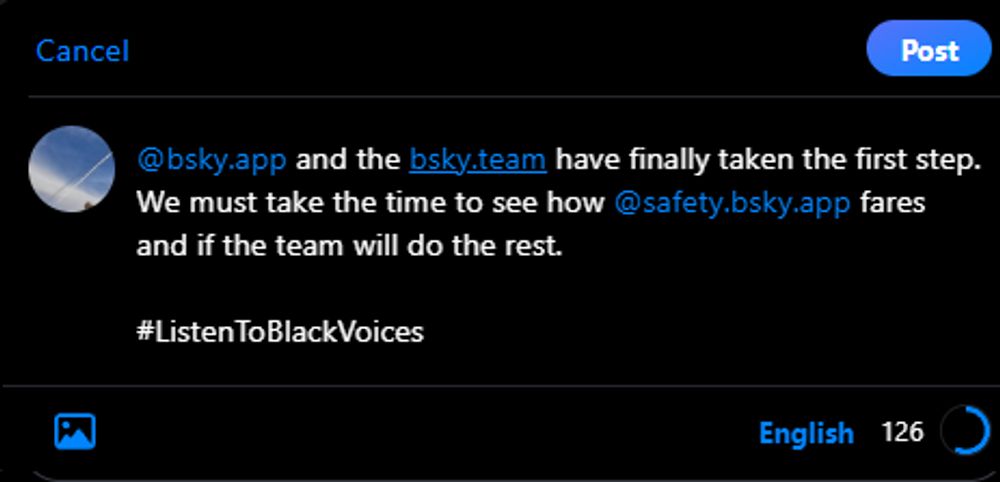

• Transformation: how the digital creates new realities
• From the shelf to the web, exploring historical newspapers in the digital age.
#ifph2024 Sofia encourages teachers in public history to use this OEC.
• Transformation: how the digital creates new realities
• From the shelf to the web, exploring historical newspapers in the digital age.
#ifph2024 Sofia encourages teachers in public history to use this OEC.
- Applying computational tools and techniques to Wikipedia data
- Studying history-making and public perceptions of the past on Wikipedia #ResearchPublicHistory
#ifph2024
- Applying computational tools and techniques to Wikipedia data
- Studying history-making and public perceptions of the past on Wikipedia #ResearchPublicHistory
#ifph2024






